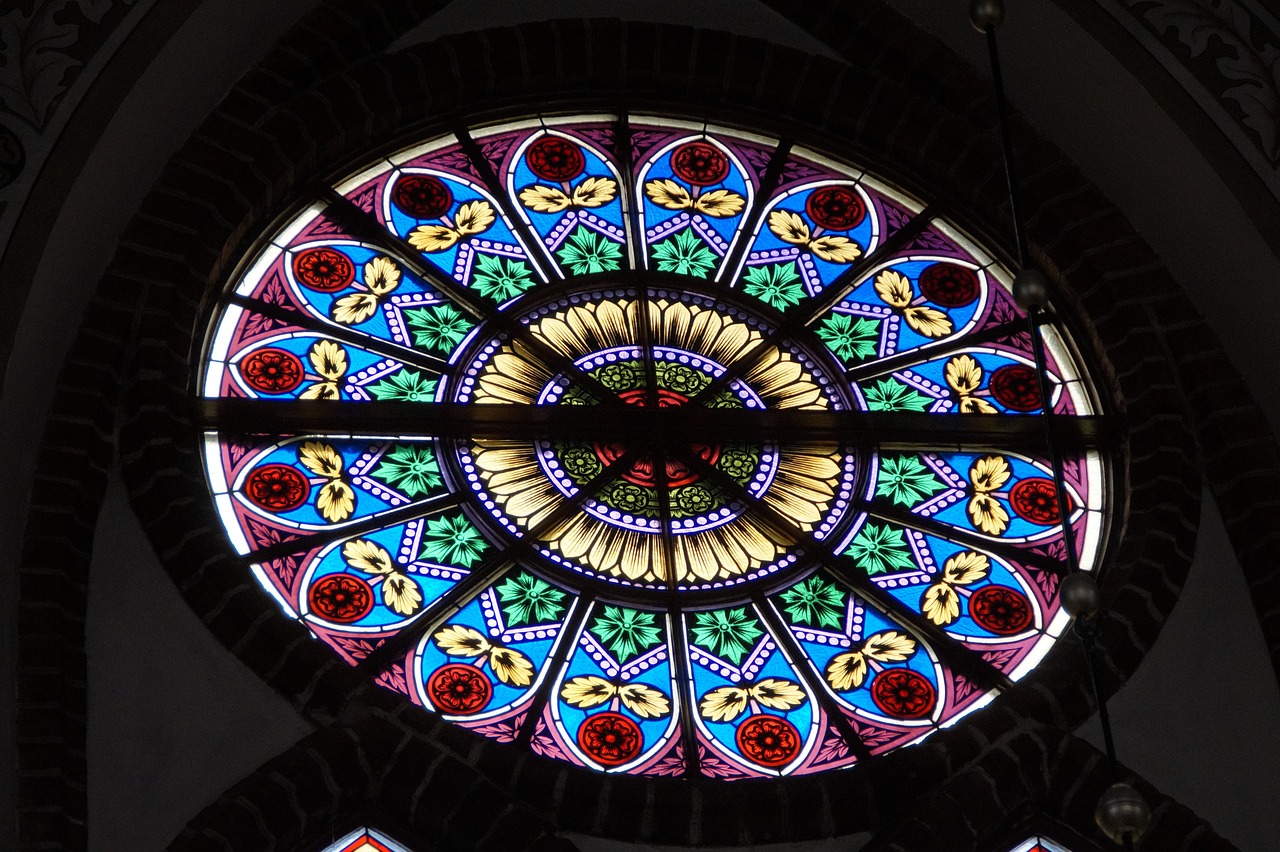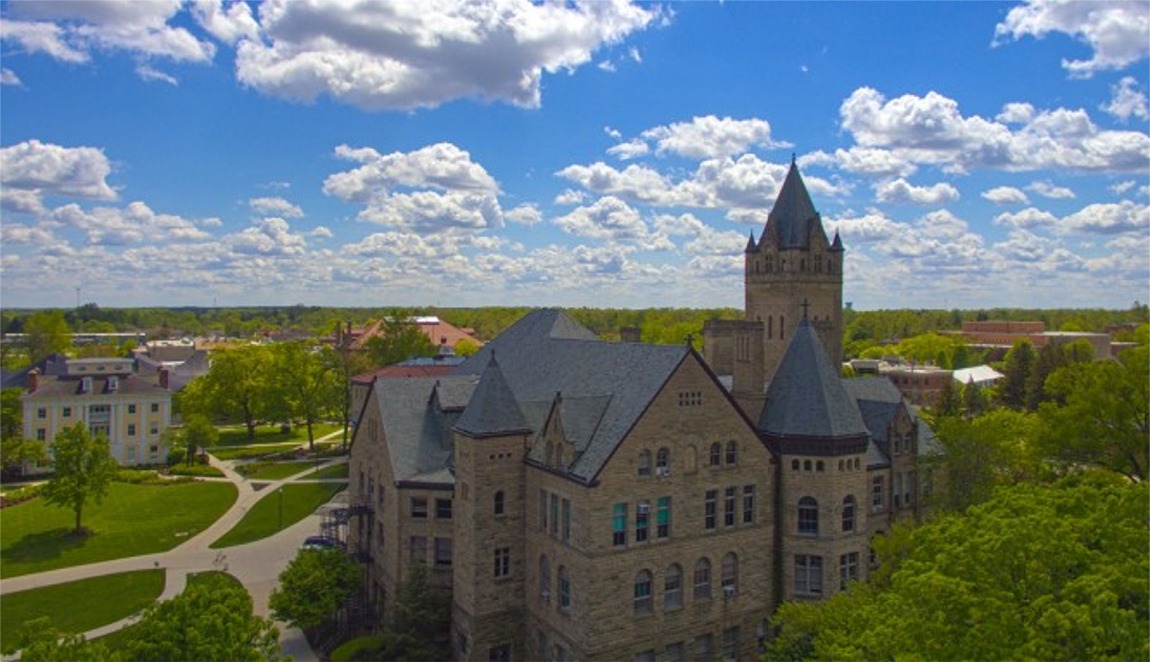By 1808Delaware
The Methodist Theological School in Ohio (MTSO) has unveiled a revised curriculum for its master’s degree programs, set to launch in the fall of 2024. This comprehensive overhaul is designed to offer students a more focused, efficient path to their vocational goals, while grounding them in the unique strengths and values that define the MTSO community.
The updated curriculum emphasizes MTSO’s commitment to justice, sustainability, and generativity, and is structured around four core areas of study. This reimagined approach not only streamlines degree requirements but also enhances the depth and relevance of the education provided.
New Degree Structures and Timelines
Starting in the fall of 2024, MTSO’s four master’s degree programs will feature revised credit hour requirements, allowing students to complete their degrees more efficiently:
- Master of Divinity: 75 credit hours, designed to be completed in three years.
- Master of Arts in Public Theology (MAPT): 39 credit hours, achievable in two years.
- Master of Arts in Social Justice: 39 credit hours, achievable in two years.
- Master of Theological Studies: 39 credit hours, achievable in two years.
These changes reflect MTSO’s dedication to providing a rigorous education that is both accessible and adaptable to the diverse needs of its students.
The Four Cores: A Holistic Approach to Theological Education
Each master’s degree program has been restructured around four central cores that align with MTSO’s institutional values:
- Values Core: This core highlights MTSO’s commitment to justice, sustainability, and generativity, integrating these values into every aspect of the educational experience.
- Methods Core: Formerly introductory, the courses in this core are now offered at a more advanced level, equipping students with critical methods in graduate theological study.
- Vocational Electives Core: Tailored to each student’s vocational goals, this core provides specialized knowledge necessary for their chosen path, whether in ministry, social justice, or public theology.
- Integrative Core: Consisting of field education, mid-program review, cross-cultural immersion, and other courses, this core supports the development of a student’s vocational identity and practical skills.
Key Revisions to Enhance the Educational Experience
MTSO has made several strategic updates to its curriculum to better serve the evolving needs of its students and the broader community:
- Evolution of the MAPT Degree: The newly revised Master of Arts in Public Theology (MAPT), formerly known as the MA in Practical Theology, is designed to equip students with the knowledge and skills necessary to advocate for peace, justice, and the common good in society. The program emphasizes the dynamic interplay between Christian heritage, congregational culture, contemporary society, and the diversities of human and creaturely existence.
- Integration of Seminary Hill Farm: MTSO’s campus farm, Seminary Hill Farm, plays a significant role in the updated curriculum. The Practicing Ecotheology course, a cornerstone of the MTSO experience, immerses students in the intersections of theology, ecology, and food justice. This hands-on learning opportunity reflects MTSO’s unique ethos and commitment to environmental stewardship.
- Cross-Cultural Immersion Requirement: In recognition of the importance of global perspectives, MTSO has expanded its cross-cultural immersion requirement to all master’s degree programs. These immersive experiences are designed to foster a deep respect for the diverse beliefs and practices within the global church, enriching the students’ educational journey.
Learn More About Your Path Forward
MTSO is committed to helping prospective students find the degree path that best aligns with their vocational aspirations and life circumstances. Those interested in learning more about the revised programs and curriculum are encouraged to reach out to MTSO for guidance.









